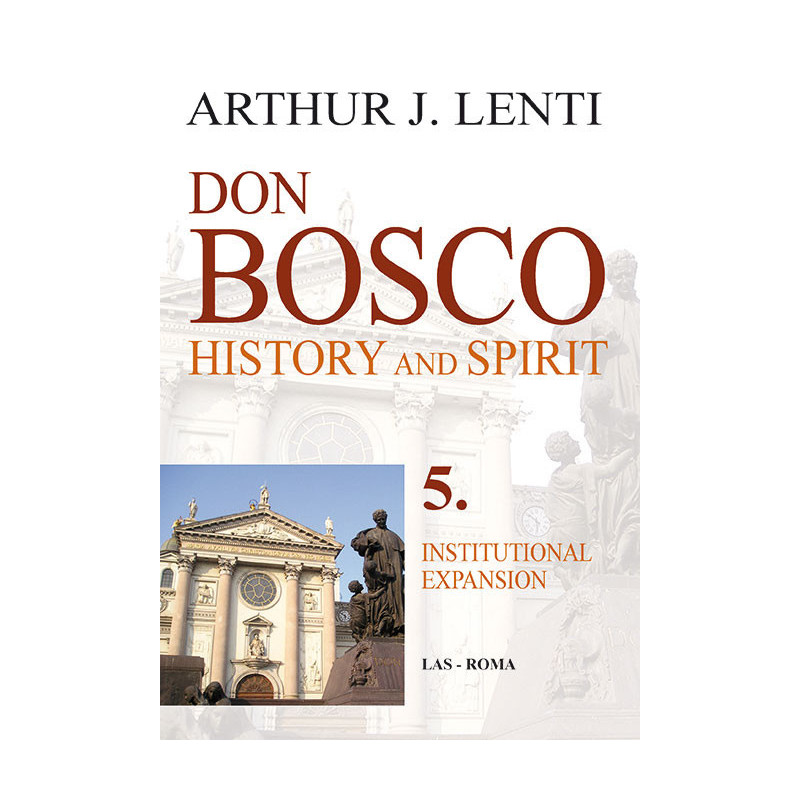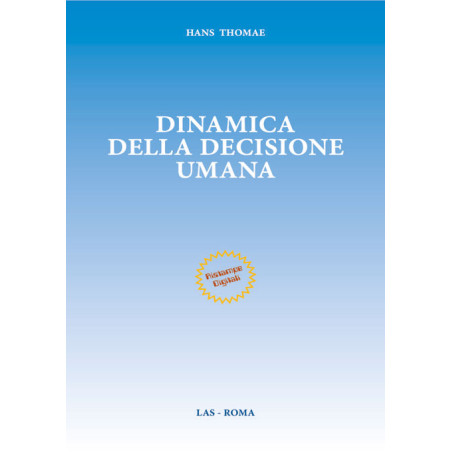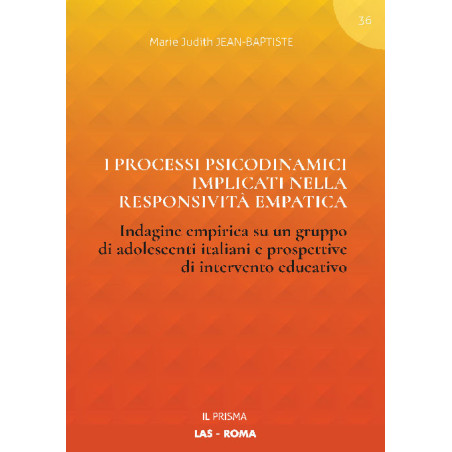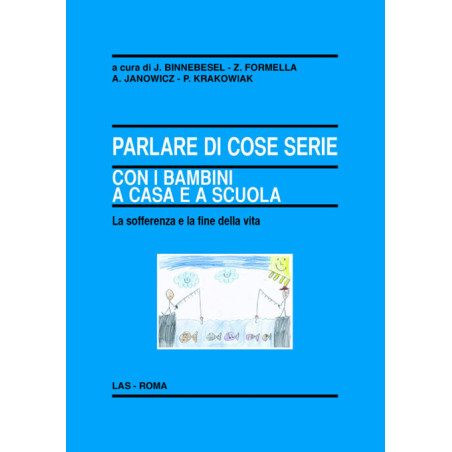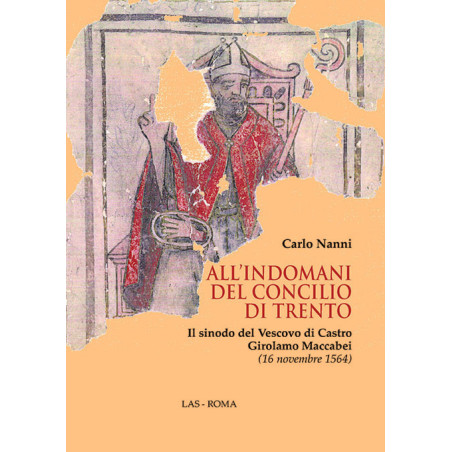Don Bosco: History and Spirit. 5. Institutional Exspansion
14,00 €
Nessuna tassa
Scheda dati
- Autore
- Arthur J. LENTI
- ISBN
- 978-88-213-0948-9
- Tipologia
- PDF-LAS
- Collana
- Don Bosco - History and Spirit
- Numero collana
- 5
- Pagine
- 382
- Anno di pubblicazione
- 2009
Descrizione
Storia, formazione, spiritualità
This fifth volume in the series, Don Bosco: History and Spirit, is chiefly devoted to a description of the institutional expansion of the Salesian work. The first two chapters describe the school reform legislation in the Kingdom of Sardinia, noting that the secularization of the public school was the first significant step taken by the liberal revolution in its program aimed at a general secularization of society and the gradual elimination of the Church’s influence. In this context Don Bosco’s historic decision to undertake the school apostolate in a major way in Piedmont and Liguria is understood as part of the Church’s effort to counteract the process of secularization. This may be rated as the the first great "external" expansion, spanning the 1860s and early 1870s. A second expansion described in the last chapter (Ch. 8) spans the decade 1875-85 and sees the Salesian work established in France and Spain, and further in Italy. This presentation is preceded, by way of context, by a brief historical survey of united Italy under the governments of the radical Left (from 1876), and by an even briefer sketch of the political-social situation in France in the first decade of the Third Republic (1875-85)–all this in the pontificate of Leo XIII (from 1878).The middle section of the volume (Chs. 3-6) looks at the internal development of the institution especially from the standpoint of Don Bosco’s response to perceived needs of society and Church. This includes: Don Bosco’s espousal of the devotion and ideology of Mary, the Immaculate Help of Christians, and his decision to build the great church in her honor (1860s); Don Bosco’s protracted involvement (in a private capacity) in the negotiations between the Holy See and the Italian State for the appointment of bishops to vacant dioceses and obtaining for them the royal Exequatur (1865-74); Don Bosco’s founding, in association with Mary Mazzarello, of the Institute of the Daughters of Mary Help of Christians as a companion congregation to the Salesian Society (1864-1872); lastly (from the 1860s), Don Bosco’s on-going reflection on the Salesian lay vocation and his articulation of the Salesian Brother’s participation in the Society’s mission.

